Launch Grand Challenge Initiatives to Attract Large-Scale Research Investments
In response to stagnating federal funding growth, universities have been diversifying support for research by pursuing funding from donors, foundations, and corporations who are interested in funding large-scale initiatives focused on solving problems with clear societal benefits. For this reason, many universities have built out (and self-funded) grand challenges, which focus on a big problem with a clear and compelling goal, in the hope that strong teams will eventually attract the levels of external funding necessary to keep these projects going.

Choose a grand challenge that connects departmental research with a large societal issue
Grand challenges are intended to augment existing research efforts, not replace basic research. When selecting a grand challenge, colleges and universities need to get buy-in from key internal stakeholders (e.g., deans, provosts, faculty) while also considering the interests of external stakeholders, such as community members, corporate partners, and key legislators.

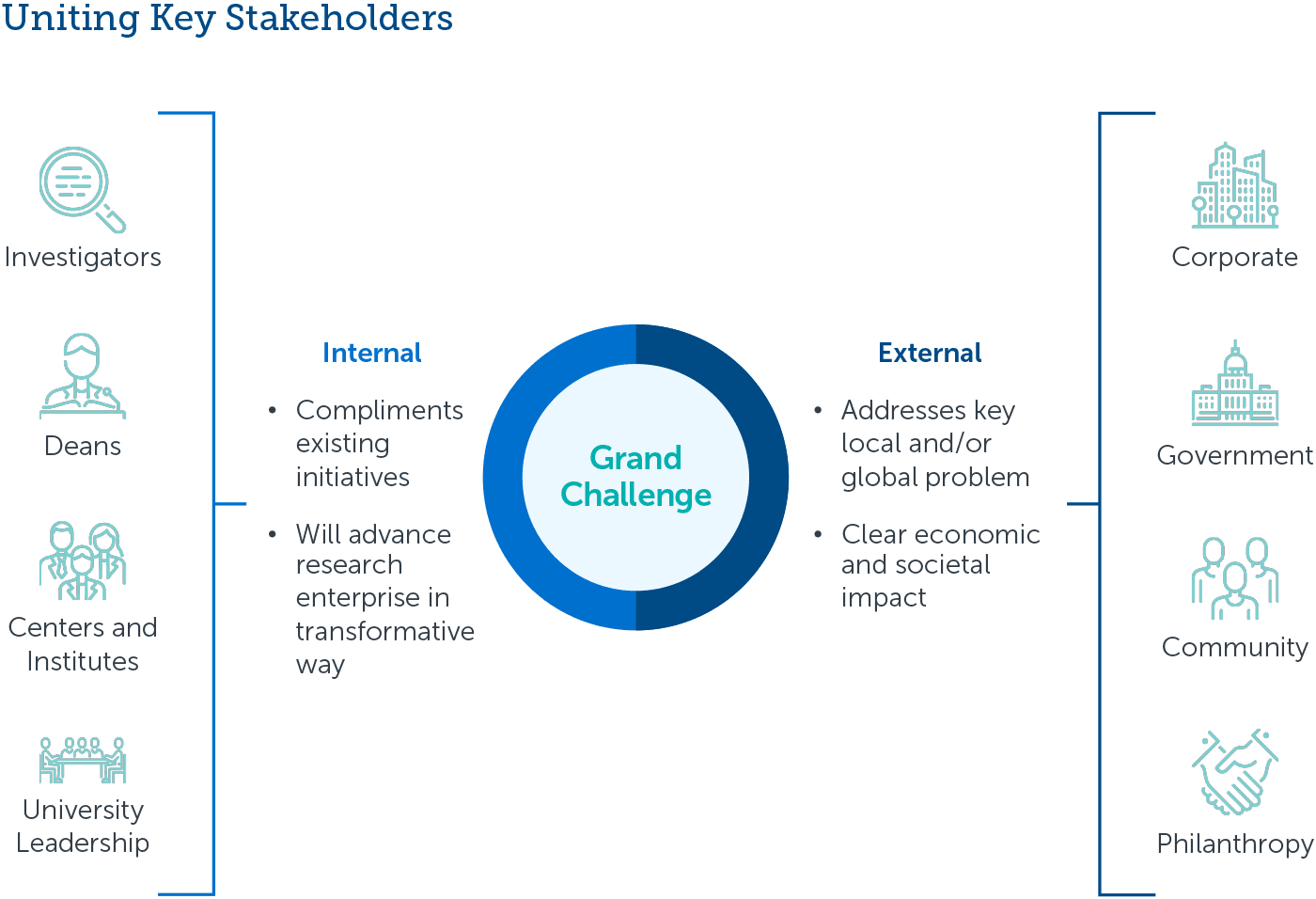
Focus on a problem your institution is uniquely qualified to address
Grand challenges by design seek new (and large) sources of funding. To win critical dollars, an institution must make the case that it is uniquely suited to tackle the issue. When selecting a grand challenge to pursue, institutions should not only rely on the unique expertise of research faculty, but also consider local community groups as critical research partners.
Review an example from the University of Michigan to see why they are uniquely positioned to address a grand challenge on Autonomous Vehicles.

Partner with internal and external collaborators
Though a grand challenge should be centered on disciplines where the institution already excels, there are critical additional ingredients that bolster success. Each initiative should include carefully selected partners that fill critical gaps in expertise, resources, and operational support.
Review examples of federal grants that require corporate partners for funding.
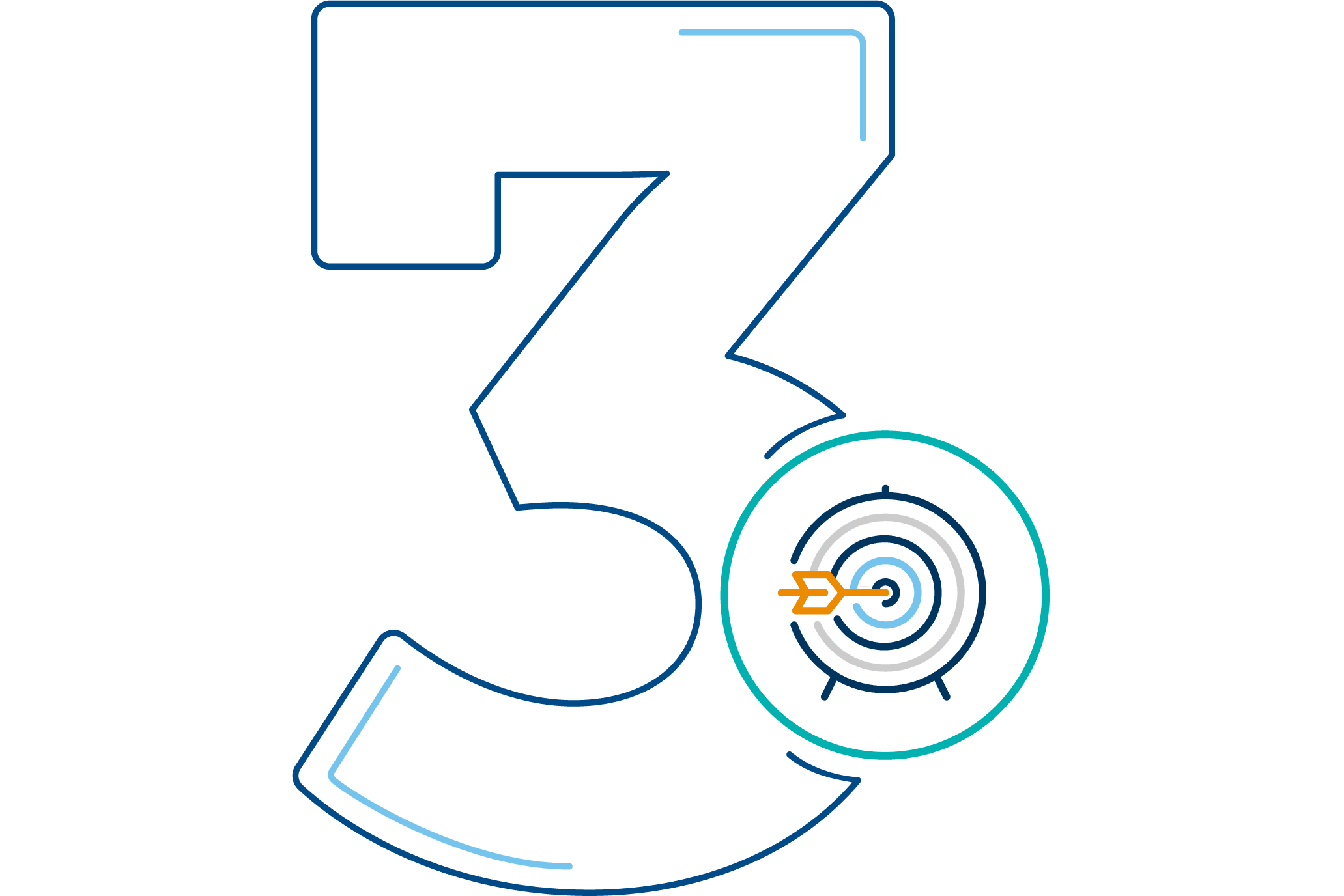
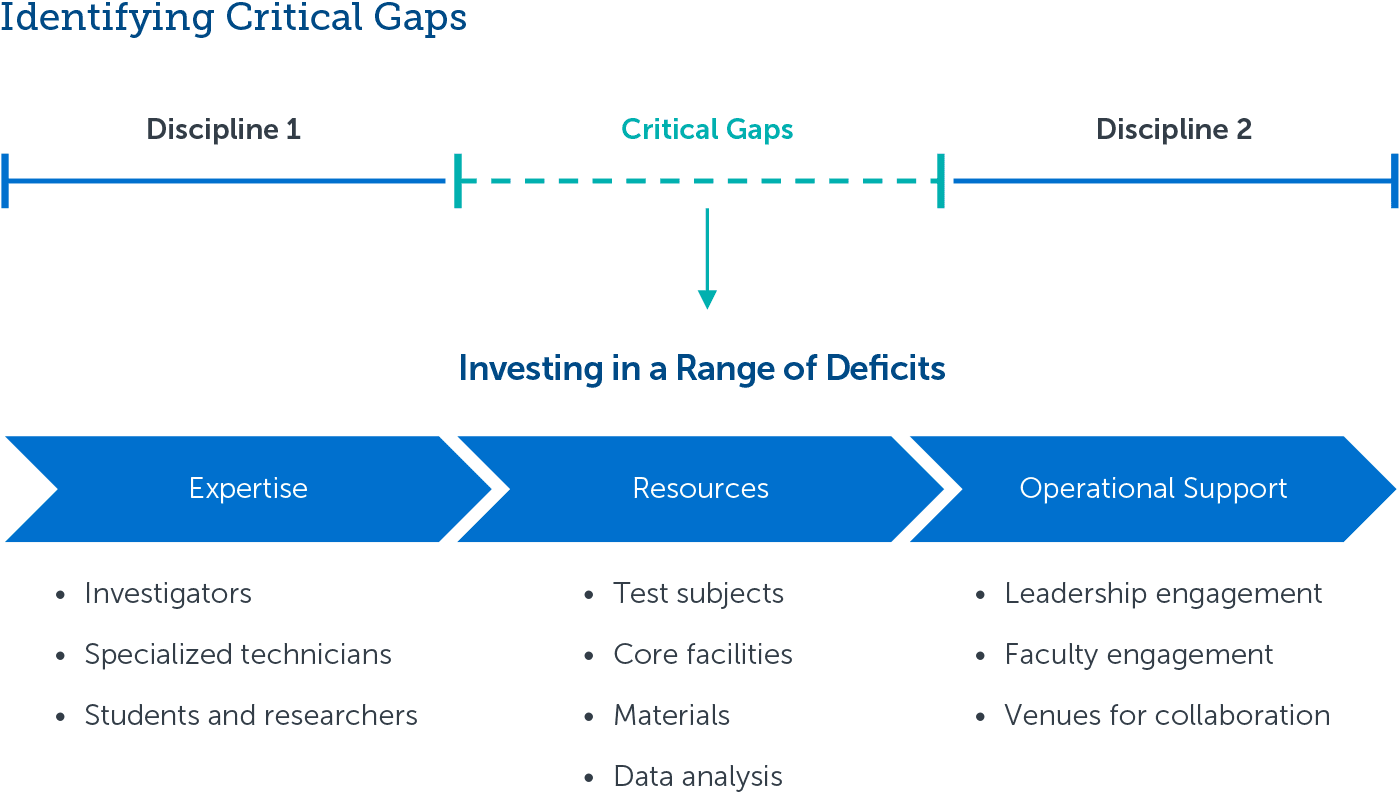
Remove institutional barriers to promote collaboration
Consistent messaging and top-down support from university leaders is essential for helping researchers adjust their thinking so they can develop collaborative ideas. For instance, institutions should consider the following opportunities:
- Connect with advancement to source big ideas
- Engage with the community to identify local challenges
- Adjust P&T standards to encourage faculty participation
Review EAB’s tenure evaluation model that considers both individual and collaborative research efforts.
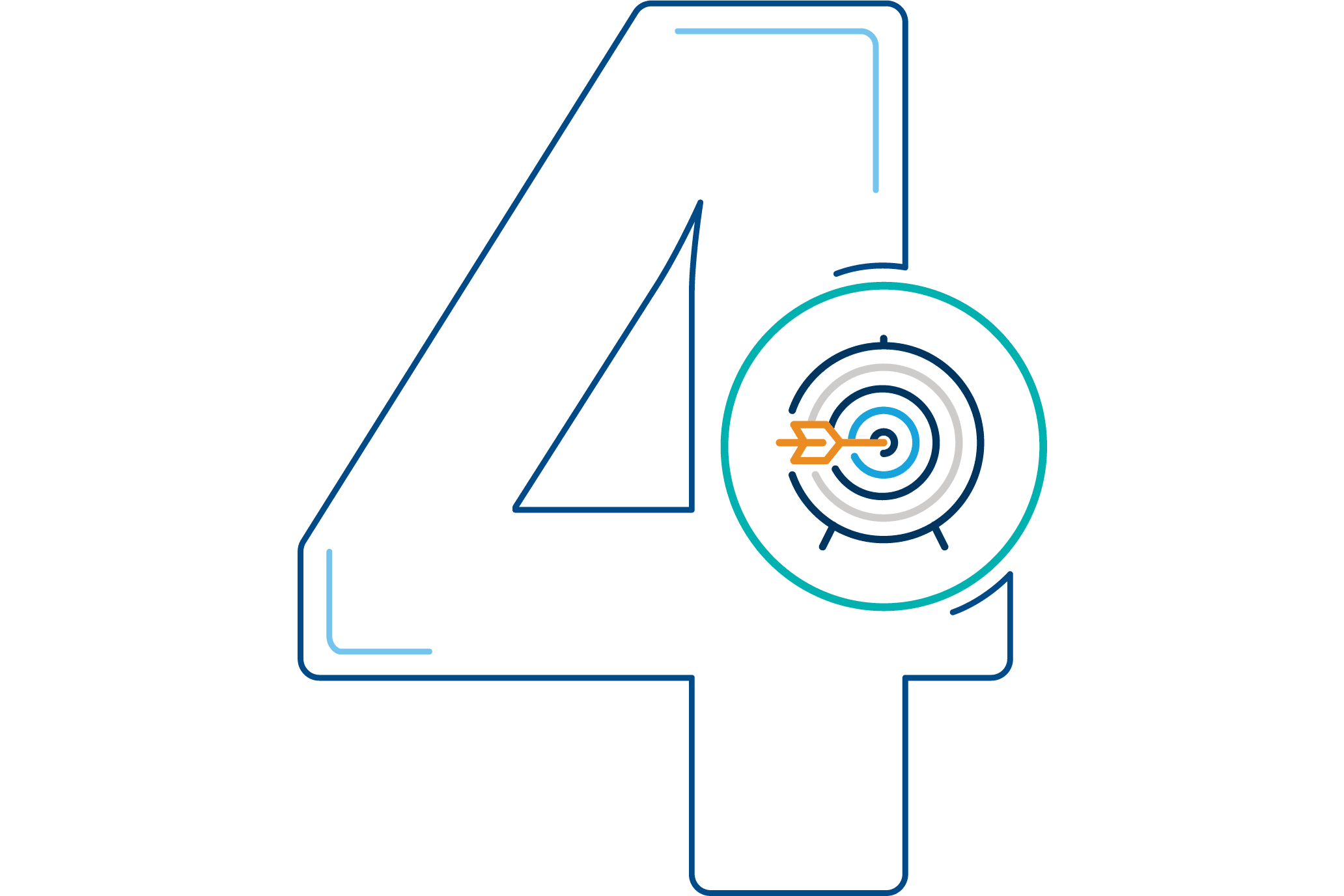
Position the challenge at the heart of strategic leadership and communication efforts
Leadership communication should signal that the grand challenge is an integral part of the university’s central strategic priorities. Implementing a comprehensive internal and external communication strategy can garner critical support from stakeholders as well as help attract new funders and faculty interest.
To reap full value, university leadership should invest in a variety of internal and external communication efforts to reinforce the value of the grand challenge. Check out a comprehensive internal and external communications plan.

Set incremental goals for measuring success
To make clear that the grand challenge goal is more than just a marketing ploy, institutions should lay out a proposed road map to measure incremental progress. The road map should offer specific sub-challenges and defined near-term goals.
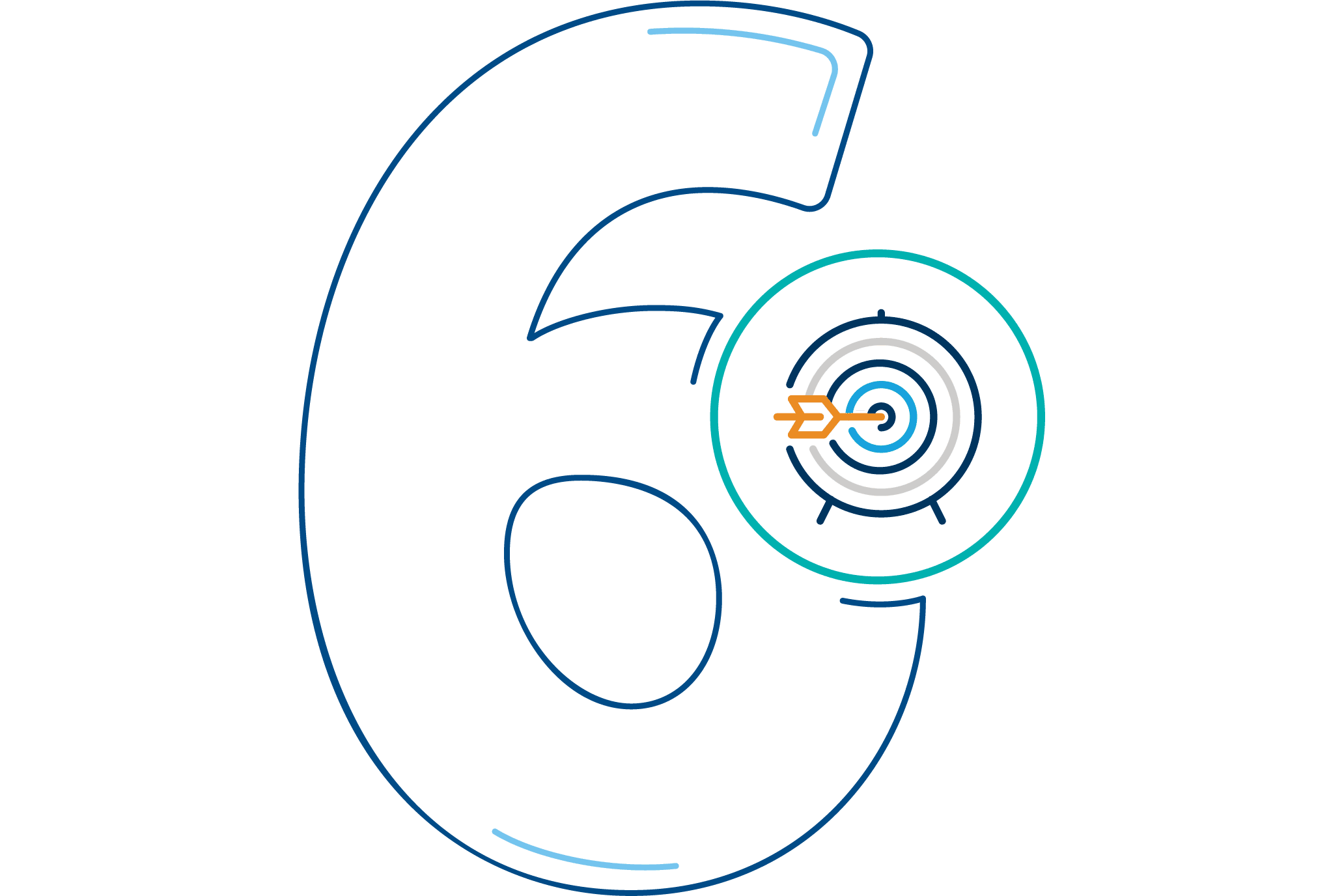
Related Resource Center

Academic Innovation Resource Center
This resource requires EAB partnership access to view.
Access the roadmap
Learn how you can get access to this resource as well as hands-on support from our experts through Strategic Advisory Services.
Learn More